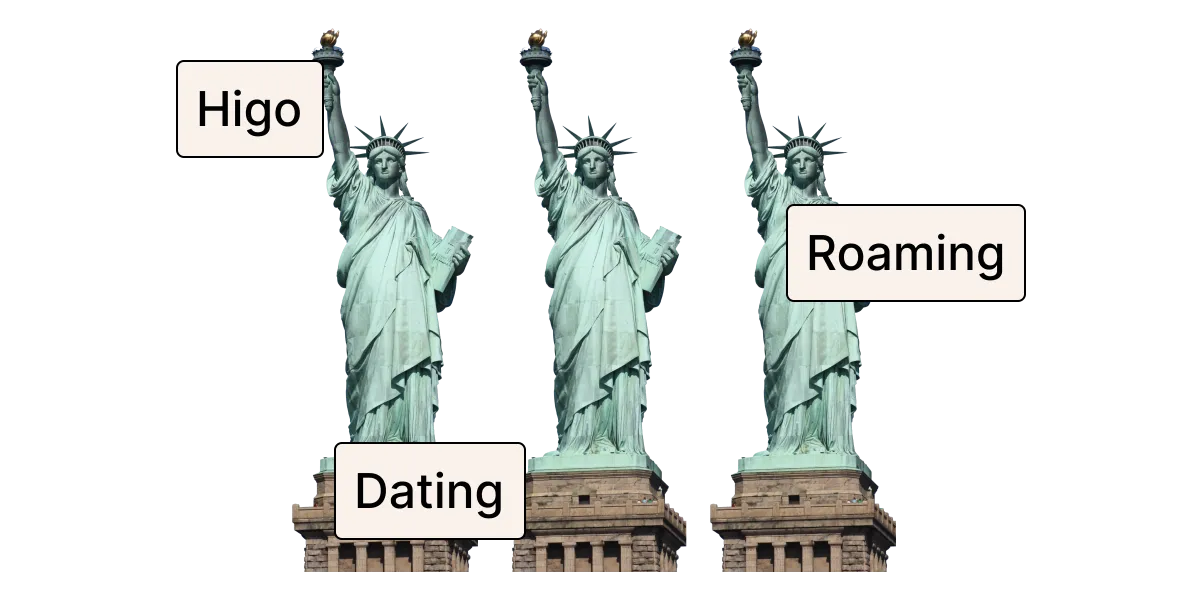Anime
Special A
Japan
Special A
Akira Toudou is a central figure in the anime series Special A, and her presence leaves a lasting impression on both the story and its audience. As one of the seven elite members of the Special A class—a group of top-tier students selected for their outstanding academic performance and physical prowess—Akira Toudou stands out not just for her skills, but for her dynamic personality. Known for her athleticism and fierce competitive spirit, Akira Toudou brings energy and intensity to every challenge she faces. She’s straightforward to a fault, often speaking her mind without hesitation, which can come off as blunt—but it’s also part of what makes her so refreshingly genuine.
Beneath that tough exterior, though, lies a deeply caring and loyal individual. Akira Toudou may not wear her heart on her sleeve, but she shows her softer side in meaningful ways. Her bond with childhood friend Tadashi Karino is especially strong; she’s always there for him, offering emotional support and motivation when he needs it most. And while she might seem all strength and no sentiment, Akira Toudou has a real soft spot for animals—often taking in strays, nursing them back to health, and showing a tenderness that contrasts beautifully with her otherwise bold demeanor.
As the series progresses, Akira Toudou begins to develop deeper feelings for the main protagonist, Kei Takishima. Their relationship starts off rocky, marked by rivalry and tension, but gradually evolves into mutual respect and friendship. Over time, Akira finds herself drawn to Kei’s intelligence, discipline, and unwavering determination. Still, she wrestles with her emotions, worried that confessing her feelings might disrupt their friendship or shift the delicate balance within the Special A group. This inner conflict reveals a vulnerable side to Akira Toudou—one that highlights her depth as a character.
What makes Akira Toudou such a compelling figure is how she embodies both strength and sensitivity. She’s a powerhouse when it comes to competition, fiercely loyal to her friends, and unafraid to speak her truth. At the same time, her moments of quiet compassion and self-doubt make her relatable and human. Whether she’s dominating on the field or quietly supporting someone behind the scenes, Akira Toudou consistently proves herself to be a dependable and multi-dimensional character.
From a personality standpoint, Akira Toudou fits the profile of an ESTJ—Extroverted, Sensing, Thinking, Judging. He thrives in leadership roles, approaches problems logically, and values structure and efficiency. As student council president, Akira Toudou demonstrates a natural ability to take charge, organize tasks, and uphold rules with confidence. His decision-making is grounded in practicality, and he prefers dealing with concrete facts over abstract theories. This no-nonsense attitude extends to communication—he’s direct, clear, and doesn’t sugarcoat things, which aligns perfectly with typical ESTJ traits.
Of course, this personality type isn’t without its challenges. Akira Toudou can sometimes come across as rigid or overly focused on results, occasionally overlooking the emotional nuances of a situation. His dedication to duty and order means he may resist change or struggle to adapt when things don’t go according to plan. There are moments when his focus on logic and efficiency causes him to miss the emotional undercurrents affecting those around him—something that could strain relationships if not balanced with empathy.
Looking at Akira Toudou through the lens of the Enneagram, he closely aligns with Type 3: “The Achiever.” This type is driven by a deep desire for success, recognition, and validation. Akira Toudou constantly pushes himself to excel—whether in academics, sports, or social standing—and takes great pride in being among the best. His image matters to him, and he works hard to maintain a reputation as a capable, admired, and high-achieving student. In fact, his drive is so intense that he once risked serious injury during a skiing competition just to prove his worth—a clear sign of how much achievement means to him.
At the same time, this ambition can have downsides. Akira Toudou occasionally appears concerned with appearances, and at times, might seem superficial or overly focused on external validation. These tendencies are common among Type 3s, who sometimes tie their self-worth too closely to accomplishments rather than inner fulfillment.
All in all, Akira Toudou emerges as a well-rounded and realistic character whose blend of confidence, loyalty, ambition, and vulnerability resonates throughout Special A. While his ESTJ and Type 3 traits highlight his strengths in leadership and goal-setting, they also reveal areas where growth is possible—particularly in embracing flexibility and emotional awareness. Whether you admire him for his determination, relate to his struggles, or appreciate his complex layers, Akira Toudou remains a standout character whose journey is both inspiring and deeply human.



